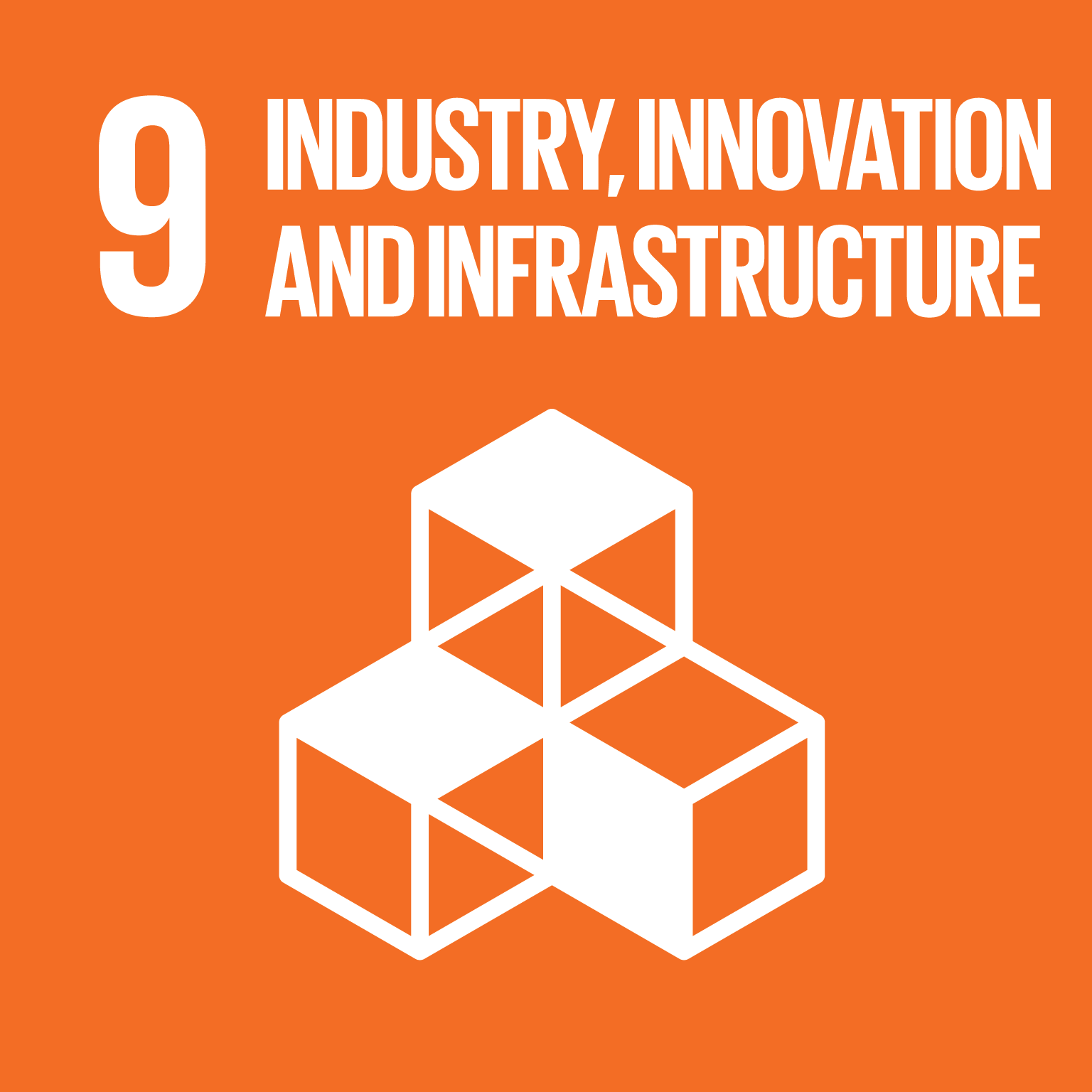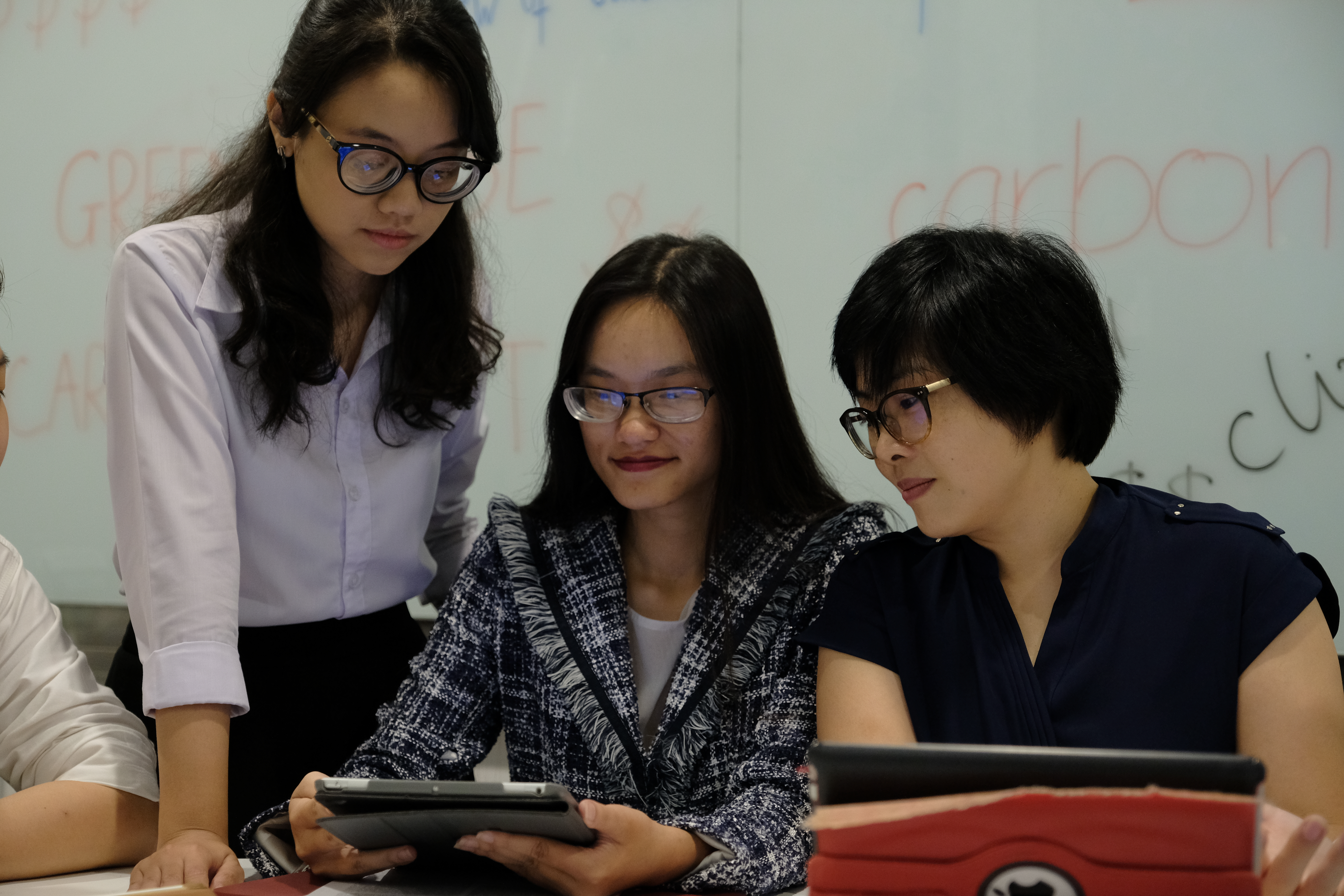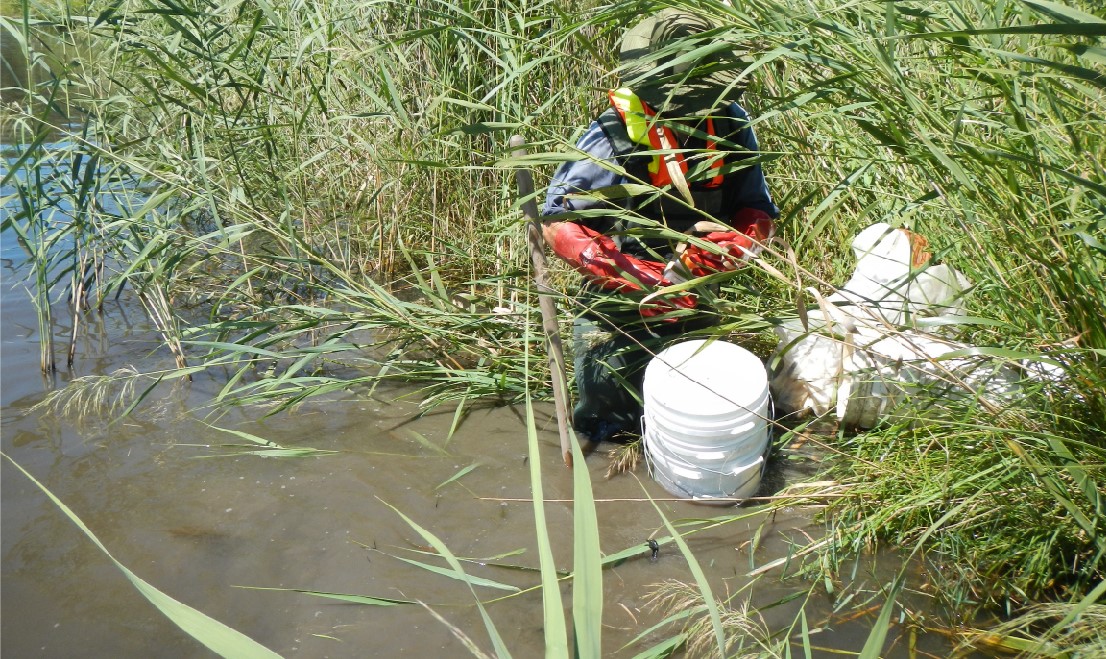Self-training program for nascent entrepreneurs
In recent years, Vietnam’s economy experienced rapid growth and integration into the global economy.
Improved Urban Systems for Liveability
This project investigates how major cities function and the effects of their land-use, housing and infrastructure systems on the humans that live in them.
Aquatic Pollution Prevention Partnership
The aims of this research partnership between Melbourne Water and RMIT University is to help prevent aquatic pollution.
Centre of Excellence in future Low Energy Electronics Technologies (FLEET)
Decreasing energy use is a grand challenge facing society. The ARC Centre of Excellence in Future Low-Energy Electronics Technologies (FLEET) is a partnership with Monash University that addresses this challenge by realizing fundamentally new types of electronic conduction without resistance in solid-state systems at room temperature.







